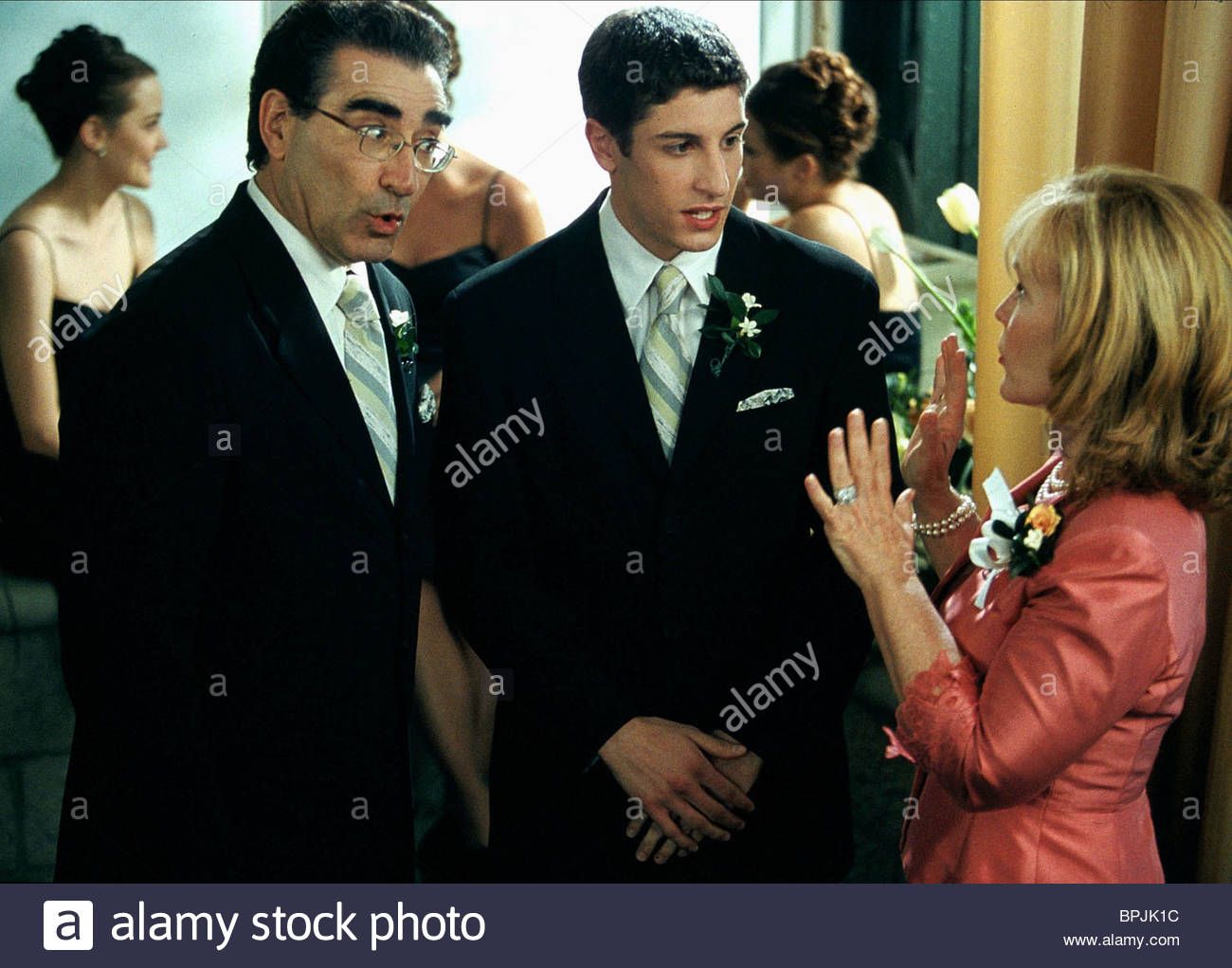Was Deborah Divine In Schitt's Creek
When people hear the name "Deborah," a thought might pop into their heads, perhaps wondering if this figure, known for her strength and wisdom, has any connection to the popular television show, "Schitt's Creek." It is a fair question, really, given how names sometimes echo across different stories and settings. Yet, the Deborah we are talking about here, the one who truly made a mark in history, comes from a much older, much different narrative. She is a person whose story is found in ancient texts, a tale of leadership and faith from a very long time ago.
This Deborah is a figure from the Bible, someone whose actions and words shaped the lives of many people during a time of great trouble. She stands out as a leader who guided her community through some rather difficult moments, offering direction and hope when it was most needed. Her story, as a matter of fact, provides a glimpse into a period where people faced significant challenges, and she rose to meet them with remarkable courage.
So, while the idea of a "Deborah divine in Schitt's Creek" might spark a moment of curiosity, the true story of Deborah, the one from the old writings, is about a woman who played a very important role in her world. Her life gives us a lot to think about, especially when it comes to what it means to lead, to have faith, and to stand up for what is right. We will look closely at who she was and what made her so special.
- Taylor Swifts Parents Reconcile A Journey Of Love And Understanding
- Unveiling The Mystery Who Is Spencer James Real Dad In All American
- Exploring The Life Of Billy Bob Thorntons Brother
- Discovering The Life And Career Of Melissa Sue Anderson
- Exploring The Life Of Antony Starr And His Children
Table of Contents
- Deborah's Background - A Glimpse into Her Life
- Who Was Deborah - A Figure of Great Importance?
- What Made Deborah's Guidance So Divine?
- Was Deborah a Mother to Her Nation?
- How Did Deborah Inspire a Nation to Action?
- Deborah's Lasting Footprint
- The Significance of Deborah's Example
Deborah's Background - A Glimpse into Her Life
Deborah was a woman whose life story is told in the book of Judges, a part of the Old Testament. She was, you know, a person of great standing in her community, someone people looked up to for guidance and for clear thinking. Her daily life, it seems, involved a lot of listening and giving advice to those who came to her with their problems. She did this work, interestingly enough, while sitting under a certain palm tree, which later became known as "The Palm Tree of Deborah." This setting, really, paints a picture of a wise person, someone accessible to the people, offering counsel in a very open way. She was connected to a man named Lappidoth, who was her husband. This detail, in a way, gives us a small piece of her personal life, showing she was part of a family unit, just like many others. Her role, though, went far beyond that of a wife; she was a public figure, a leader in a time that truly needed one.
Her place in the story is quite distinct, as she is known as one of the few women in the Bible who held such a high position of authority and influence. She was, in some respects, a unique figure for her time, stepping into roles that were typically held by men. This makes her story, you know, particularly interesting for anyone looking at how people, regardless of their background, can rise to meet big challenges. She did not just offer advice; she acted, and her actions had a huge impact on the lives of her people.
Here is a quick look at some personal details about Deborah, gathered from the ancient writings:
- Unveiling The Life Of Angel Iris Murphy Brown
- Penn Badgley A Deep Dive Into His Relationships
- Exploring The Iconic Career Of Lee Majors Movies And Tv Shows
- Exploring The Journey Of Jonathan Penner On Survivor
- Exploring The Charismatic Journey Of Raj In The Big Bang Theory
| Detail | Information |
|---|---|
| Name | Deborah (Hebrew for "bee") |
| Role | Prophetess, Judge, Leader of Israel |
| Husband | Lappidoth |
| Location of Court | Under the Palm Tree of Deborah, in the hill country of Ephraim |
| Time Period | During a time of oppression by the Canaanites, as described in the Book of Judges |
| Key Accomplishments | Led Israelite army to victory against Canaanite forces; served as a source of divine guidance; composed a song of triumph. |
| Known For | Courage, wisdom, faith, and her unique position as the only female judge of Israel. |
Who Was Deborah - A Figure of Great Importance?
Deborah was, quite simply, a very important person in the history of ancient Israel. Her story, found mainly in the Book of Judges, tells us about a woman who wore many hats, so to speak. She was, first and foremost, known as a prophetess. This means that people believed the Lord spoke through her, giving her messages for the community. She was a voice, actually, for divine guidance, helping people to understand what they should do in difficult times. This role alone made her a central figure, someone people would seek out for direction and for a sense of what was right.
Beyond being a prophetess, she also served as a judge. This was not just about settling arguments between people, though she did that too. A judge in those days was more like a leader who guided the people in matters of law, justice, and even military action. She was, you know, one of the few people who held this kind of power and responsibility. It shows that she had a very deep understanding of the laws and customs of her people, and that she was trusted to make big decisions that would affect everyone. Her court, as I was saying, was held under a palm tree, which suggests a very open and accessible way of leading, allowing people to come to her directly.
She was, in fact, the only woman among the twelve judges mentioned in the Bible. This detail alone sets her apart and makes her story truly stand out. It shows that her abilities and her wisdom were recognized and respected by her community, regardless of her being a woman in a time when such roles were almost always held by men. Her leadership was not just accepted; it was sought after, and people relied on her for clear thinking and for strength. She was, basically, a cornerstone for her people during a very challenging period.
Her influence, in some respects, stretched across the land, as people from different areas would come to her for help. This indicates that her reputation for fairness and for getting things done was widely known. She was not just a local leader; she was, arguably, a national figure, someone whose words carried weight and whose decisions were followed. This kind of widespread respect is something that few people achieve, and it speaks volumes about the kind of person Deborah truly was. She was, you know, a beacon of guidance for her community.
What Made Deborah's Guidance So Divine?
The guidance Deborah offered was seen as special, even divine, because people believed it came from a higher power. She was, after all, called a prophetess, which meant she was thought to be a channel for the Lord's messages. This connection gave her words a weight that others simply did not have. When she spoke, it was not just her own opinion; it was understood to be a word from the divine, something that needed to be taken very seriously. This sense of a direct link to the divine is what made her advice so powerful and so trusted by the people.
Her wisdom, too, played a big part in why her guidance was so effective. She was not just a messenger; she also had a deep understanding of human nature and of the situations her people faced. She could, you know, see things clearly, even when others were confused or afraid. This ability to grasp complex problems and offer simple, actionable solutions made her an invaluable leader. Her faith, as a matter of fact, was also a huge part of her strength; she truly believed in the messages she shared, and this conviction gave her words an added layer of power.
The way she held court, under that palm tree, was also a sign of her unique connection. It was a place where people could come and hear the Lord's word directly through her. This open setting, you know, made her accessible and reinforced the idea that her wisdom was for everyone, not just a select few. It was a place of judgment, yes, but also a place of hope and of clear direction, given straight from a source people trusted. She was, in a way, a living example of how divine guidance could be present in the daily lives of people.
Her ability to inspire confidence in others was also a key part of her divine-like influence. When she gave a command or offered a piece of advice, people felt a sense of assurance. They believed that by following her words, they were following a path laid out by something much bigger than themselves. This trust, really, was essential during a time when the people were facing oppression and needed a strong, clear voice to lead them. She was, basically, a source of unwavering strength for her community.
Was Deborah a Mother to Her Nation?
Deborah is, interestingly enough, called "a mother in Israel" in the Book of Judges (Judges 5:7). This phrase has been understood in a couple of ways by people who study these ancient texts. Some people think it means she was, quite literally, a mother, having children of her own. This would, you know, give us a small piece of her family life, showing her as a woman who balanced her very public duties with personal responsibilities. It is a detail that would make her feel, in a way, even more relatable to many people.
However, other people who look at these writings believe that "a mother in Israel" is a way of describing her role as a nurturing, protective leader for her entire community. In this sense, she was like a mother to the whole nation, caring for them, guiding them, and protecting them from harm. She provided, as a matter of fact, a sense of security and a feeling of being looked after, much like a mother does for her children. This interpretation emphasizes her leadership qualities and her deep concern for the well-being of her people.
Regardless of whether she had biological children, her actions certainly showed
- Unveiling The Age Of Kent Mccord How Old Is He Now
- Unraveling The Height Of Lisa Marie Presley
- Unveiling The Life And Career Of Traylor Howard
- Unforgettable Harmonies The Musical Legacy Of Stevie Wonder And Michael Jackson
- Unveiling The Dynamic Duo Antony Starr And Erin Moriarty

Pictures of Deborah Divine

Pictures of Deborah Divine

Pictures of Deborah Divine